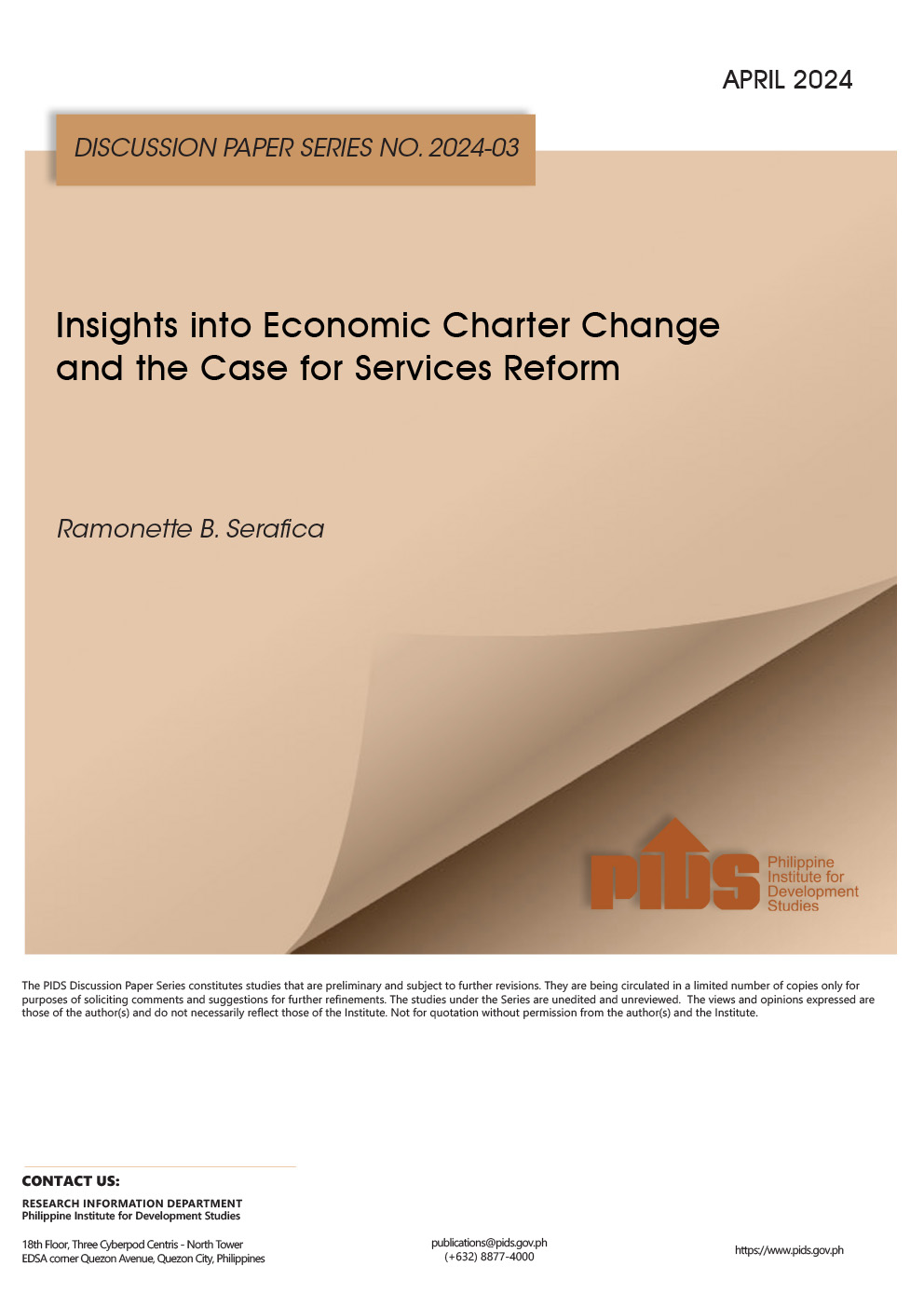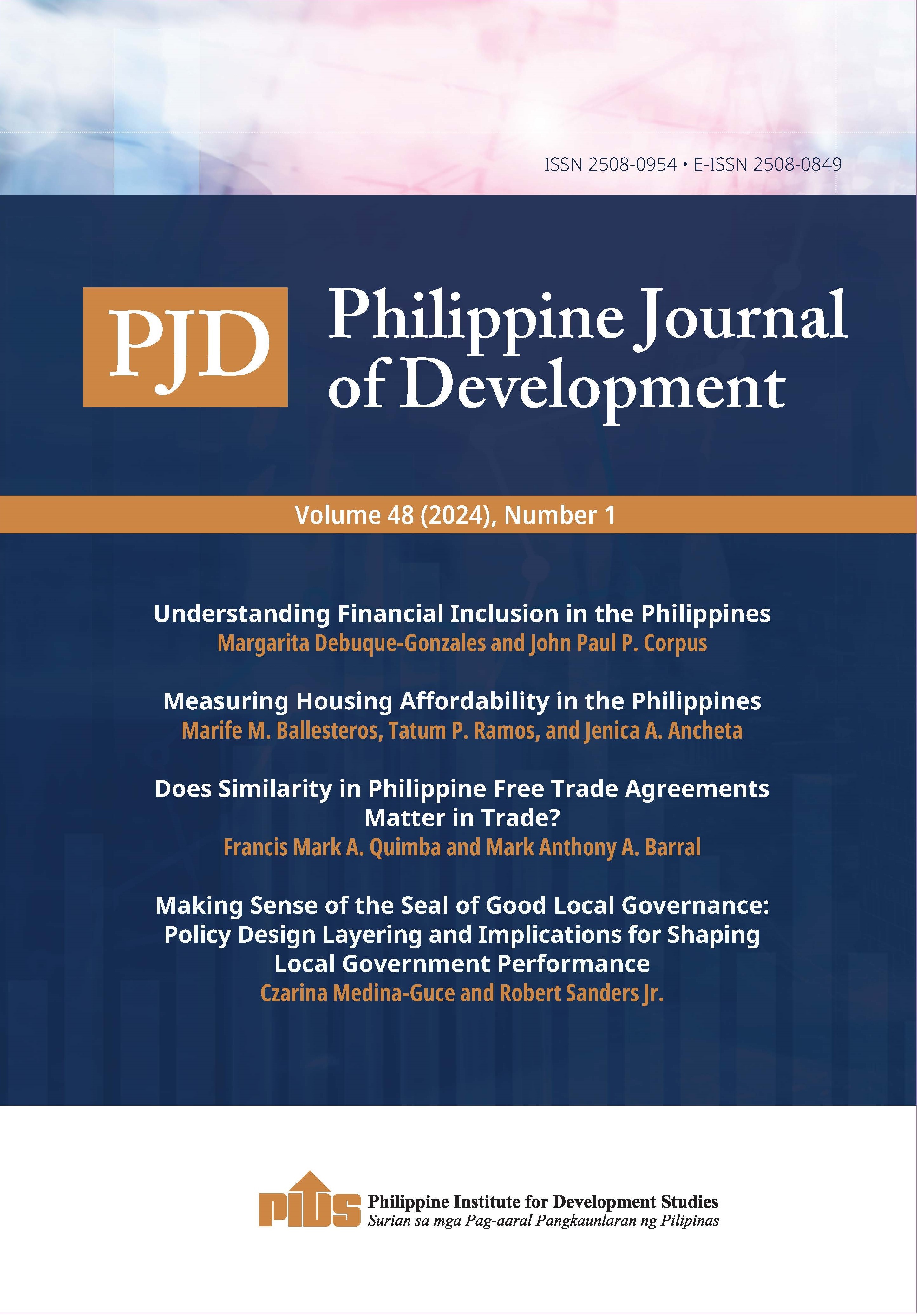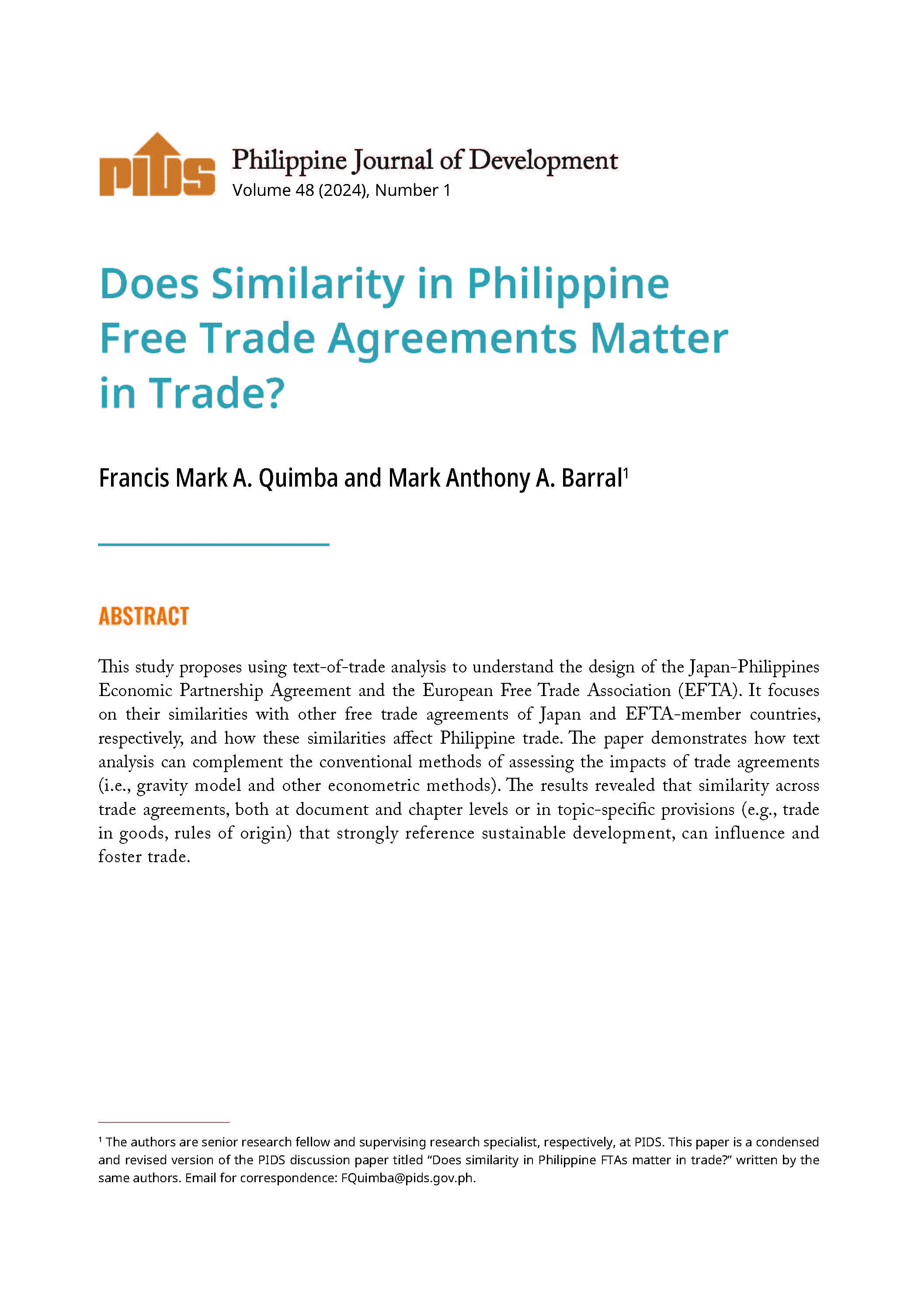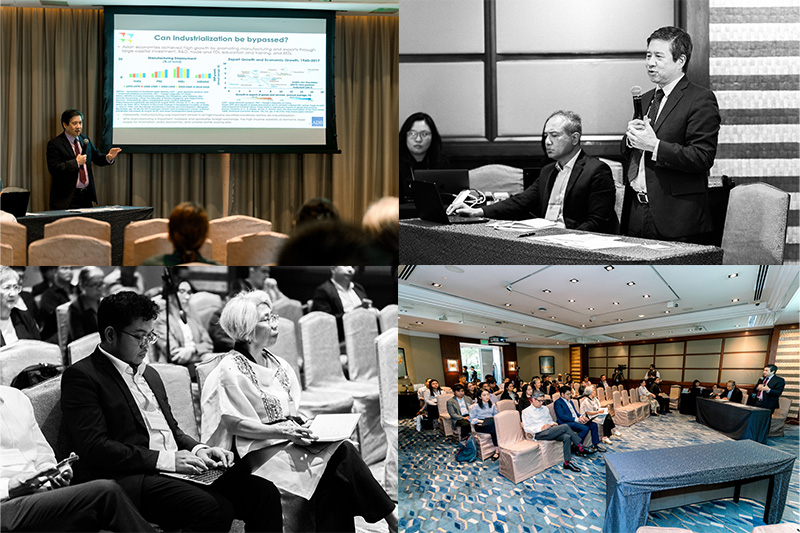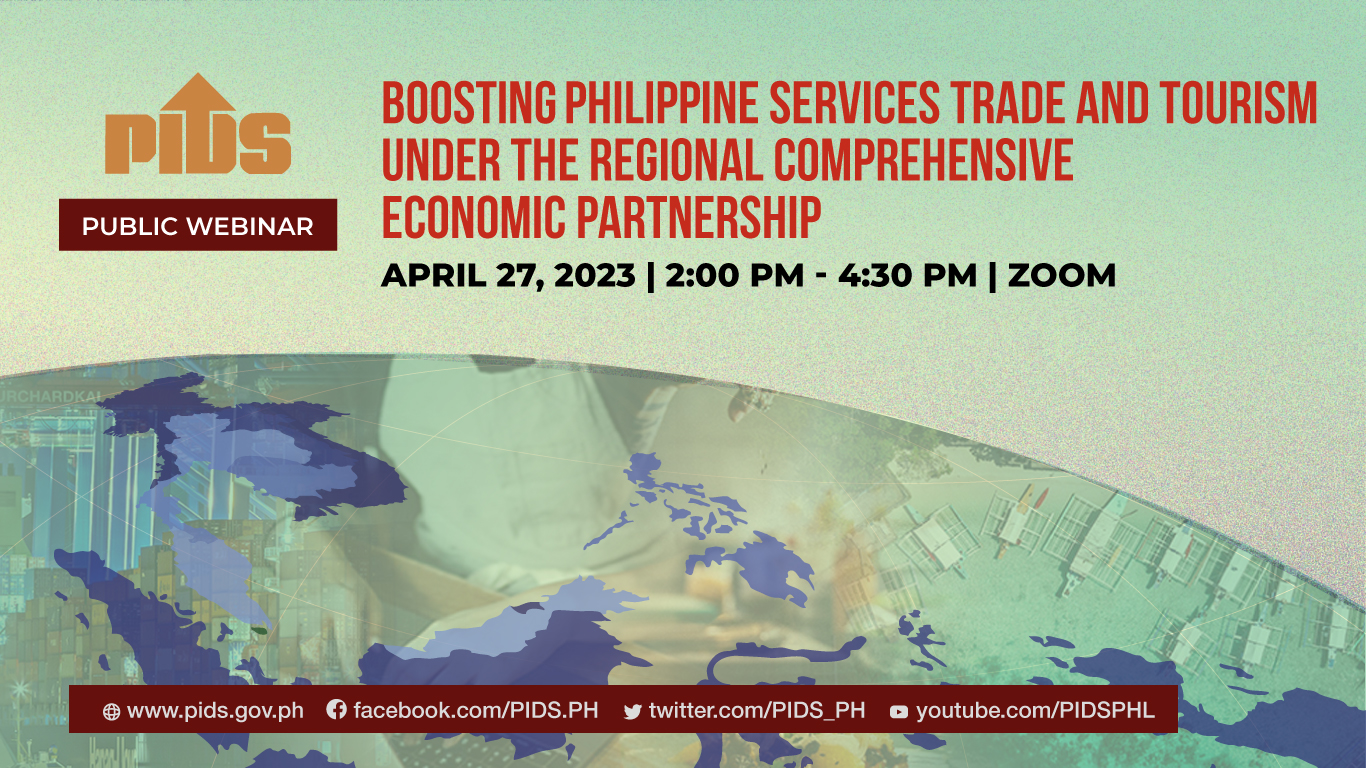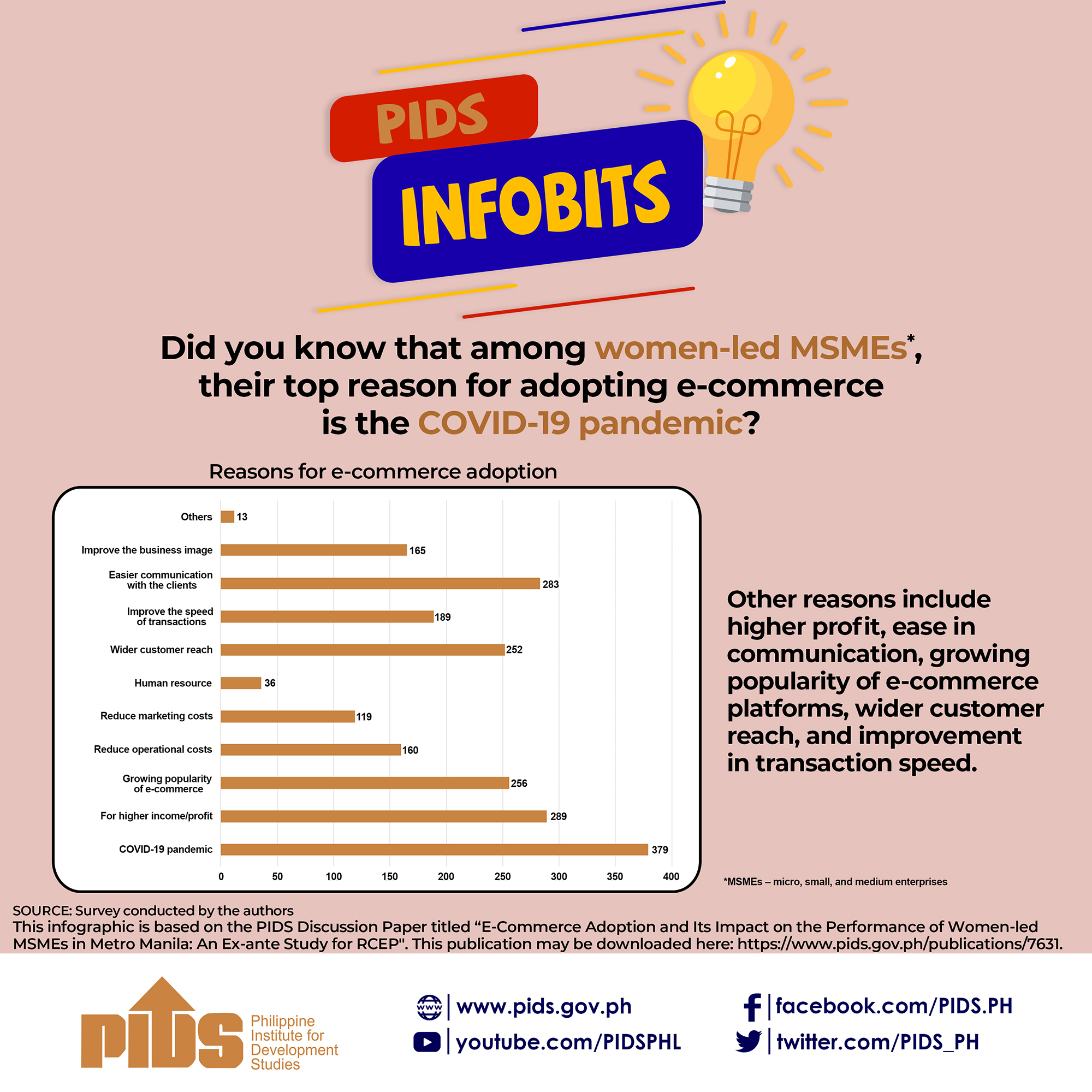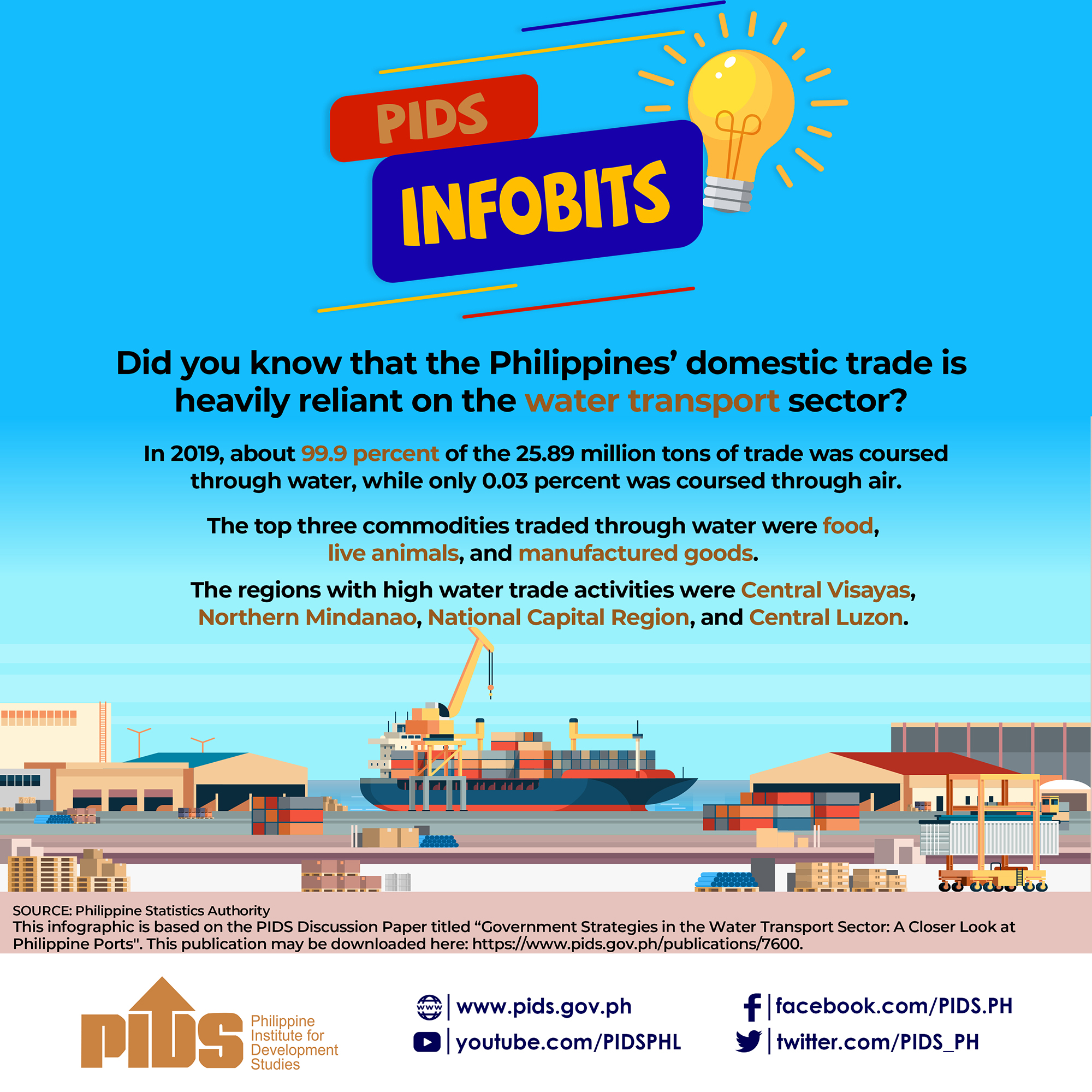The Senate is bent on passing a bill creating the Philippine Trade Representative Office (PTRO), which is similar to the US Trade Representative (USTR) but which was opposed by the Department of Trade and Industry, to ensure the country will have a central agency tasked to formulate a cohesive trade strategy.
Senate President Franklin Drilon has made the assurance of the passage of this trade bill during a recent forum of business groups under the Joint Foreign Chambers (JFC).
"We intend to pass measures to establish institutions that would
support our move towards liberalization,” said Drilon adding this measure is among other bills that are expected to be passed in June this year.
Already, Sen. Bam Aquino, chair of the Senate committee on trade, commerce and entrepreneurship has already conducted the hearing on the proposed bill last February 18.
The PTRO will be tasked to improve and strengthen the negotiating capabilities of the country to ensure that international trade or investor agreements will only be entered into when these are deemed beneficial to the Filipino people.
Essentially, the creation of PTRO will address the alleged lack of one efficient office that formulates and carries out the country’s trade policies to promote and protect domestic products as well as the local market and economy from unfair trade practices.
The said bills are also meant to address the stakeholders’ needs and the right of the people to participate in economic decision-making. Both goals are aimed at promoting greater accountability of trade negotiators with regard to trade and investment agreements, more coherence and cohesiveness in trade negotiating strategy, and to involve Congress in formulating a negotiating mandate before any negotiations take place.
There have been various versions on the proposed PTRO both in the Senate and House. Senate Bill 1149 was filed by Antonio Trillanes, IV.
"As the numbers of our country’s trade and investment agreements with other countries continue to grow, the Philippines, however, lacks a dedicated government agency that consolidates and studies the impact of these agreements vis-Ã -vis our development goals and national interest,” Trillanes said.
The PTRO will become the central agency responsible for all these trade agreements. It will also serve as the chief trade negotiator of the government.
The proposed bill also seeks to create a Multi-Sectoral Advisory Committee to be composed of representatives from various industries that are broadly representative of key economic sectors and groups affected by trade.
The Trade and Industry has opposed the creation of the PTRO stressing it will just create inefficiency and redundancy in trade negotiations, which are currently undertaken by a competent government body, the Bureau of International Trade Relations.
In its position paper submitted to Rep. Romeo M. Acop, chairperson of the House committee on government reorganization, DTI Secretary Gregory L. Domingo conveyed his strong reservations over House Bill Nos. 1690 and 2770 entitled, "An Act Creating the Philippine Trade Representative Office, Appropriating Funds Therefor and For Other Purposes.”
"The Department puts forward its strong reservations on the passage of the proposed legislative measure because they derogate upon the functions and jurisdiction of the DTI, the agency which has developed expertise in trade negotiations and in forging trade agreements with other countries,” Domingo said.
Domingo pointed out that trade policy is a function expressly conferred by law to DTI under Executive Order No. 133.
Given such mandate, Domingo said the DTI has the expertise in formulating and implementing industrial and investment policies as well as domestic trade policies.
Segregating the inextricably-linked trade and industry policies causes ineffectiveness in both areas, thereby hindering their full potential to serve overall national interest.
Splitting international trade from domestic trade and transferring it to the PTRO will cause redundancy and overlapping of work with the DTI.
The bill has proposed to carve out the various line agencies sitting in the Tariff and Related Matters to comprise PTRO, but Domingo said this may result in administrative nightmare not only it will require huge resources but also because this will cause dislocation land demoralization of people. This will also undermine the rationalization undertaken by various industries.
"DTI, for instance, is currently implementing its rationalization plan, which may be nipped in the bud should the proposed transfer be carried out,” Domingo said.
The DTI position paper further cited a discussion paper prepared by the Philippine Institute for Development Studies (PIDS) which pointed out that the proposed creation of a wholly-separate Cabinet-level agency dedicated solely to international trade negotiations may not be feasible due to budgetary and fiscal constraints and other political distractions.
PIDS instead proposed that a second option is the strengthening of the current TRM system, particularly the role of the Bureau of International Trade Relations (BITR).
"Creating another agency with the same functions as an existing institution would create redundancy in powers and a layer of bureaucracy, thus leading to inefficiency,” he added.//

